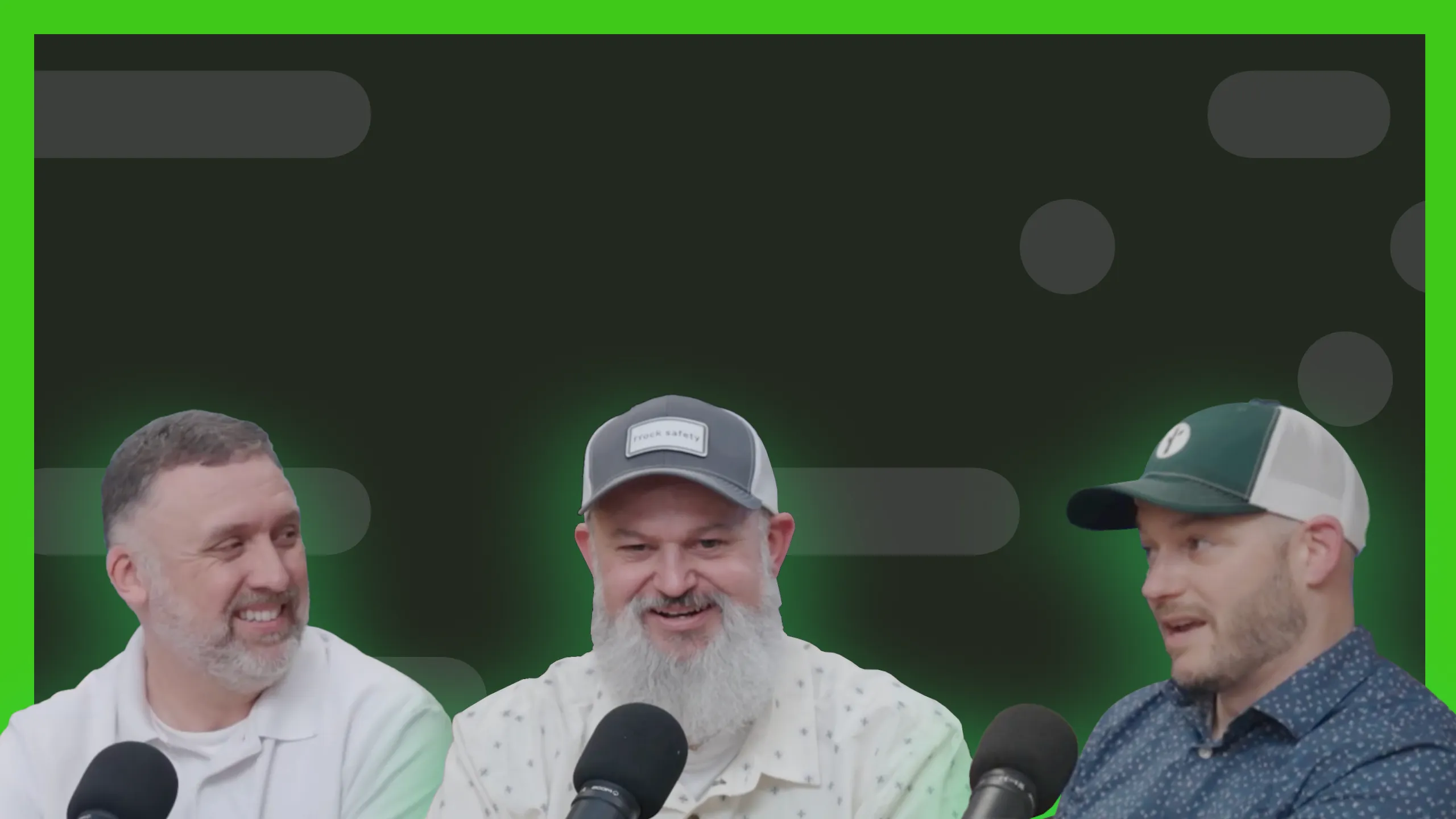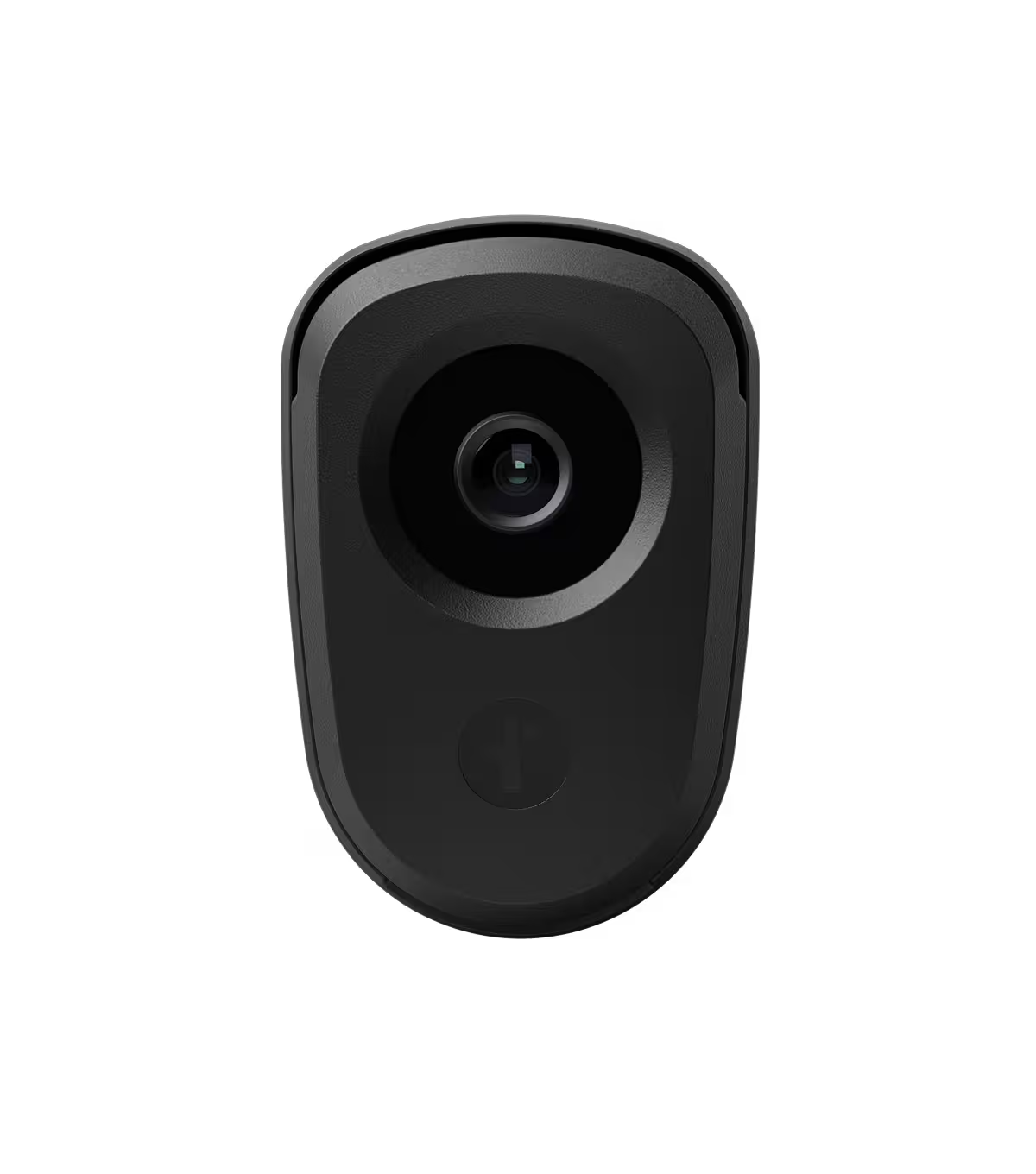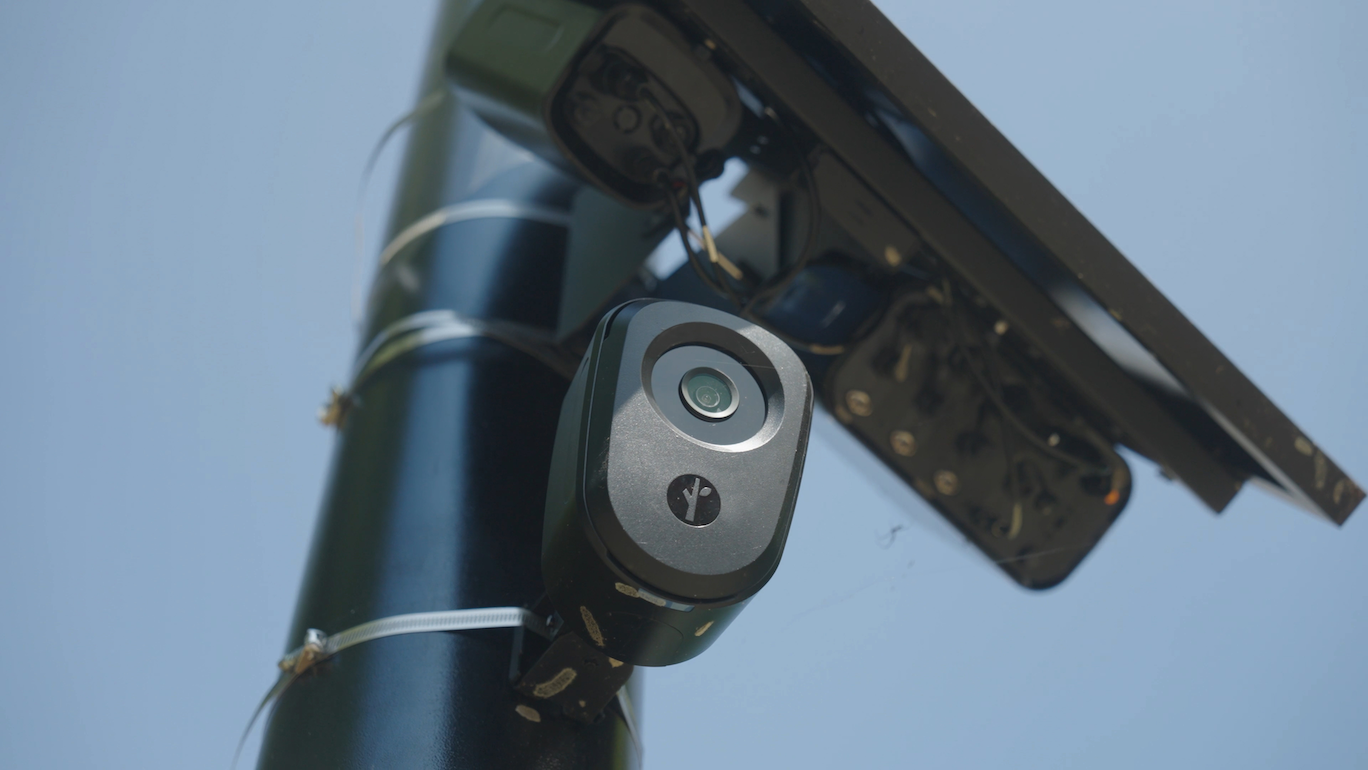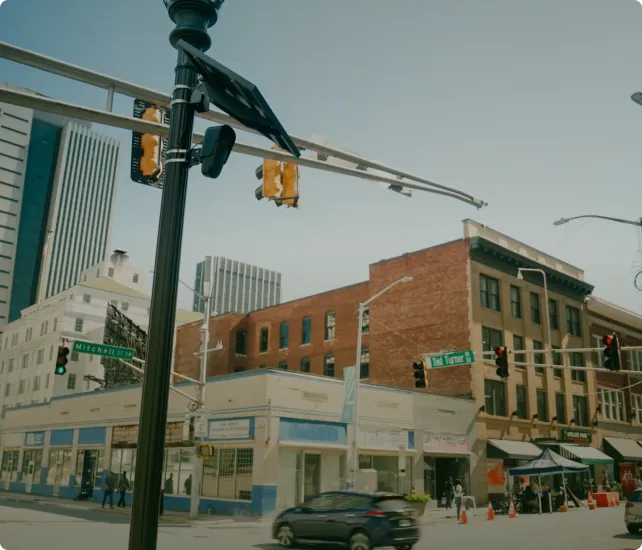


For many who’ve dedicated their lives to law enforcement, the profession isn’t just a job—it’s an identity, a mission, and a calling. The decision to retire or step away early isn’t one that comes lightly. But as we heard in this episode of the podcast, making the leap to the private sector doesn’t mean leaving your skills, experience, or sense of purpose behind. In fact, those very things are what make you uniquely valuable.
Here are five lessons from former law enforcement professionals who successfully transitioned into private-sector careers—and what they want others to know if you’re considering the same path.
1. Expanding Your Impact
Every officer, dispatcher, and investigator knows what it feels like to make a difference in their community. But many also reach a point where they ask: How else can I serve? For some, the answer is stepping into roles where the impact extends across cities, states, or even the nation. Joining a mission-driven company allows former public servants to apply their passion for safety and justice on a broader scale—building tools, solutions, and strategies that help entire networks of communities.
2. Bureaucracy vs. Opportunity for Creativity
Government service provides structure, stability, and clear pathways forward. But it also comes with constraints. Innovation often has to fight its way through layers of policy and red tape. In the private sector, there’s more freedom to test ideas, experiment with solutions, and build new approaches to long-standing problems. That doesn’t mean law enforcement doesn’t encourage creativity—it does, especially in specialized units like crime centers—but outside of government, there can be fewer roadblocks for those who thrive on thinking differently.
3. Your Experience Translates—Even If You Don’t See It Yet
Many officers underestimate the breadth of their skills. Years spent coordinating with teams, briefing the media, analyzing investigations, or managing crises create a toolkit that most people in the private sector don’t have.
- A Public Information Officer might discover they’re already a skilled marketer.
- A crime center analyst may have the foundation to be a product manager.
- A negotiator could excel in customer success or even sales.
The key is not to pigeonhole yourself as “just a cop” or “just a dispatcher.” The skill sets you’ve developed—communication, leadership, quick decision-making, empathy, resilience—are in high demand everywhere.
4. Do the Math Before You Leap
One of the biggest differences between public service and private industry is compensation structure. Law enforcement roles often include defined pensions, guaranteed benefits, and stable pay progression. Private sector roles may offer competitive salaries and strong benefits, but they vary widely.
The advice from those who’ve made the move: take a hard look at the numbers. Consider retirement contributions, health insurance, and long-term stability. If you have a family, weigh how the shift could impact them. It’s not just about the paycheck today—it’s about the full package over the next 10, 20, or 30 years.
5. Find the Right Cultural Fit
At its core, law enforcement is about service, integrity, and protecting communities. When you step into the private sector, look for companies that reflect those same values. The right fit will feel familiar: colleagues who are driven by mission, committed to ethical work, and motivated by making life better for others.
That alignment is what makes the transition seamless—and what allows you to feel proud of your next chapter, just as you did your last.
Final Advice: Trust What You Bring to the Table
Stepping away from law enforcement doesn’t erase your years of service, experience, or credibility. It adds to it. The same mindset that made you effective in uniform—discipline, adaptability, service before self—is exactly what makes you valuable in the private sector.
The transition isn’t about leaving something behind. It’s about carrying it forward.
👉 Ready to hear the full conversation—straight from the voices of those who’ve lived it? [Watch the full episode here].





Protect What Matters Most.
Discover how communities across the country are using Flock to reduce crime and build safer neighborhoods.

.webp)




.png)




